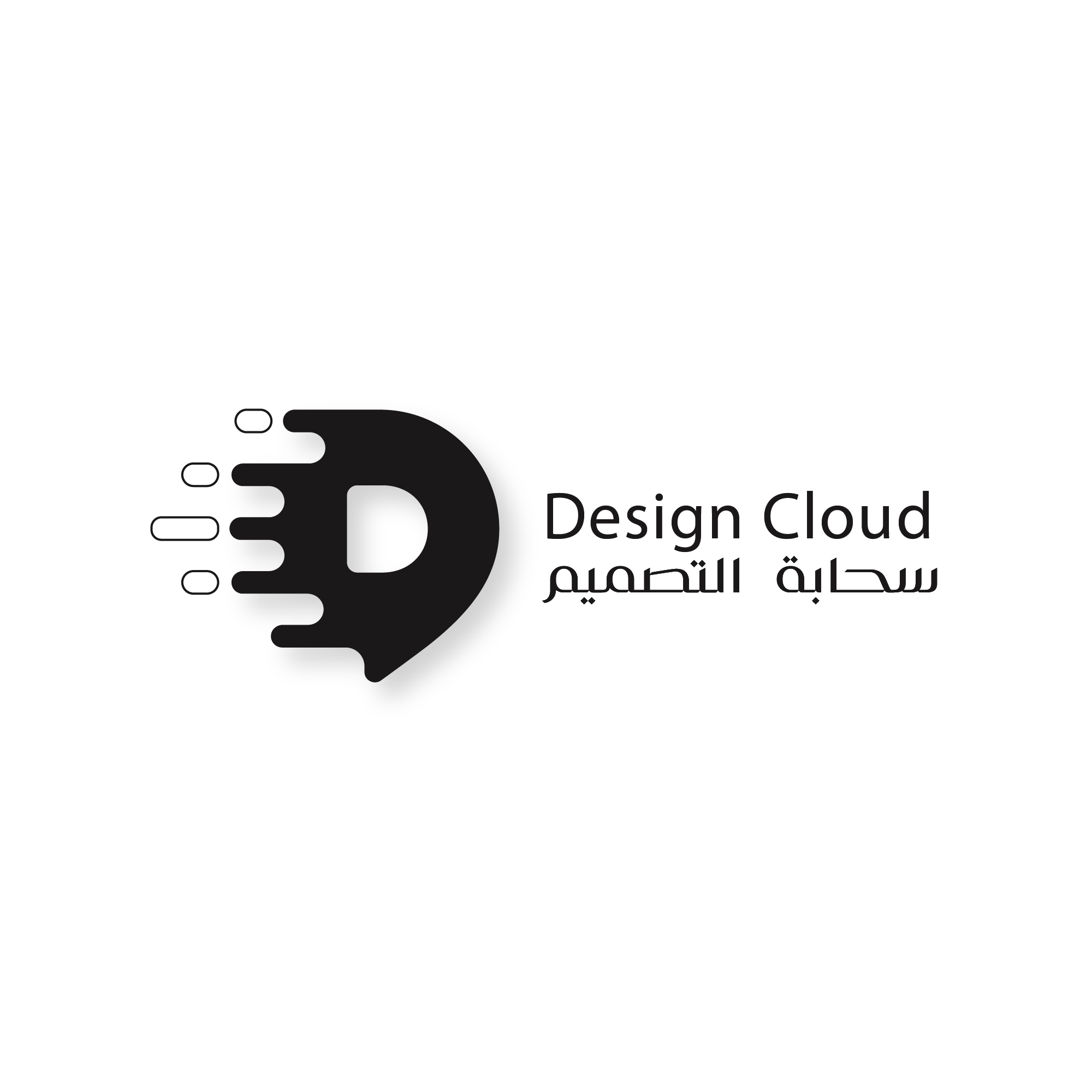Blockchain technology and sustainable growth
- Digital Coins News

- 28 نوفمبر 2021
- 4 دقيقة قراءة

We are at a unique moment in history as our society is undergoing a transition from an industrial economy to an economy defined by a new set of technologies, ranging from digital to nanotechnology. Among the latest waves of digitization is blockchain, a technology that many say promises to redefine trust, transparency, and inclusion around the world. However, blockchain technology is a relatively immature technology and can create as many problems as it provides solutions. What I have provided so far is a series of key insights about emerging technologies and how we can deal with them in a rapidly changing world.
digital transformation
Digital technologies have been transforming our economy and society in several waves since the 1960s, beginning with the digitization of many business processes, followed by the capture and sharing of large amounts of data, and finally leading a mobile revolution that has put computational power in the hands of just over 60 percent of the world's population.
We are now in a time limit for digital technologies. Almost all of the advantages of acquiring computing power were held within companies. IT has been mainly about following the same business processes that have been in place since the 1950s, but doing it faster, more efficiently, and more securely. And with the widespread distribution of computing power around the world, something has shifted. Many of the technologies driven by the distribution of computational power are about fundamentally redefining how we define business processes, our economy, and our society in the first place. In fact, putting digital power in so many hands has a huge impact on all aspects of human existence.
Decentralization and blockchain technology
Blockchain technology is one of the technologies made possible by the global distribution of computing power. Simply put, the blockchain is the digital ledger in which transactions are recorded. For example, bitcoin and cryptocurrency are both chronologically and publicly recorded. The general aspect of this exchange is the most interesting. Basically, anyone in the world can now download the code and start “mining” for bitcoin or participate in new ideas for networks built on the Ethereum platform. The idea is that through radical transparency, the blockchain technology that is generated by the massive portions of the public that gets to participate in the network creates “trust” by making it nearly impossible to log nefarious entries or alter transactions that have already been processed. The underlying blockchain technology is now being applied in many situations incentivizing the inclusion of renewables in power grids after it has gone beyond its original application in the cryptocurrency domain. Thus reducing emissions in the global shipping industry and enabling banks to perform transfers faster and at lower cost.
There is a great deal of clamor and misconception about blockchain technology, due to the fact that it is so new and partly out of greed that people have realized that they can make money from blockchain technology as a new form of the blockchain technology. assets. People often talk about cryptocurrencies as being “free from government control” or outside the current market and political system. However, the blockchain technology does not exist in a vacuum, and it does work within the political economy like all other technologies. Moreover, the idea that a currency can exist without government interference is a misconception; There is nothing more political than money. What can blockchain technology give us, then?
Experiments of 1,000 Ideas about Blockchain Technology
Blockchain technology is still new and will evolve many times before it is fully integrated into society. We've seen similar paths before in the tech industry; Examples include the Internet of Things, the mobile phone, and even the Internet itself. Each of these technologies went through a different iteration before it was fully integrated and used within society. Many technical, social and political obstacles had to be overcome slowly but surely.
Therefore, it is often useful to approach emerging technologies with some deep thought not by expecting them to immediately act as a fully effective solution but as a possible perspective. Such an approach allows for a broader discussion, where we can challenge our preconceptions. Blockchain technology has already demonstrated the power of individuals connected via the Internet with sufficient computing power at their disposal. These people can also create a whole new economic structure beyond just tweeting or taking and sharing photos or videos.
Thus, the strength of blockchain technology lies not in the technology itself, but rather in how it reshapes many discussions across different parts of our society and economy. Blockchain technology shows us that there are options through which we can organize society differently. It has launched 1,000 different thought experiments but the resulting solutions, which will be delivered in a decade or two from now, may or may not be based on blockchain technology or cryptocurrency. However, discussions starting from this point will be important contributions to society's progress around digital technologies and what they can mean for the human race. For these reasons, it is important that everyone, including the United Nations, engage with these technologies to understand and learn from them.
At its most basic level, blockchain technology speaks to a deep human need, which is the ability to trust other people, organizations, and companies in a world where most of our interactions take place through intermediaries and are stored digitally.

